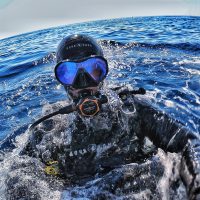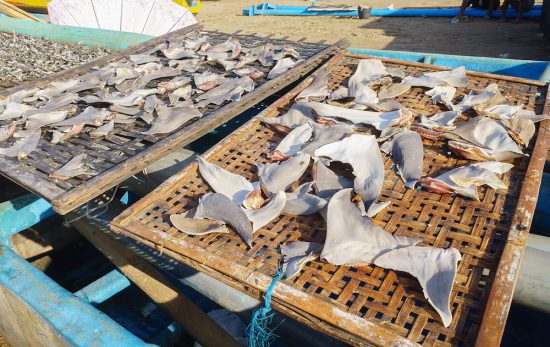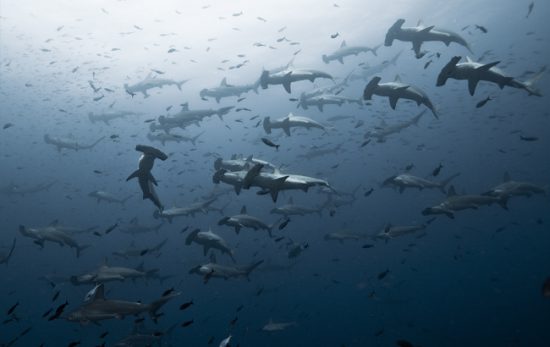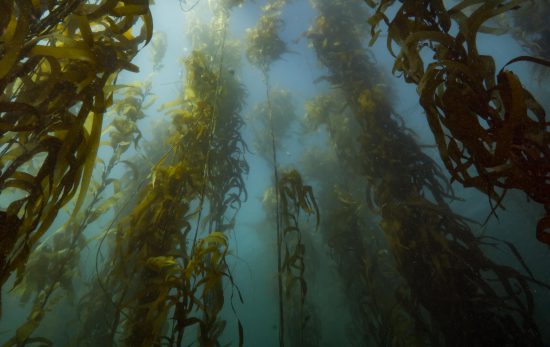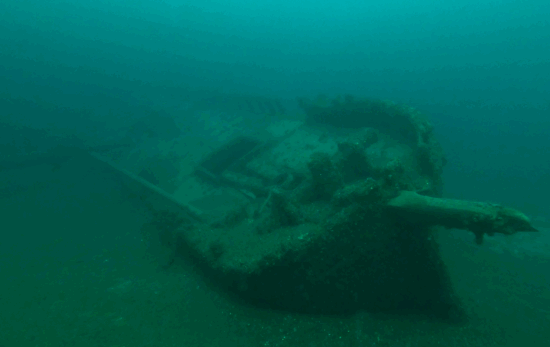I was aware that in the Bahamas and elsewhere, bait is used to attract sharks to groups of divers in controversial “shark feedings”. When I arrived in Roatan, I heard that Sergio from Roatan Marine Life was running shark diving of this type. I found that shark week was the ideal moment to have a go on this kind of dive and be able to judge this activity for myself.
Sun Divers introduced me to Sergio and the day after I was carefully listening to his dive briefing at 9am. Little by little I realised that Sergio’s focus was not just on the diver’s safety, but also on the shark’s safety. Having worked for 17 years in this industry, he has developed a deep attachment and understanding of Caribbean reef shark behaviours. While he talked, I could see he’s created a deep bond with these sharks.
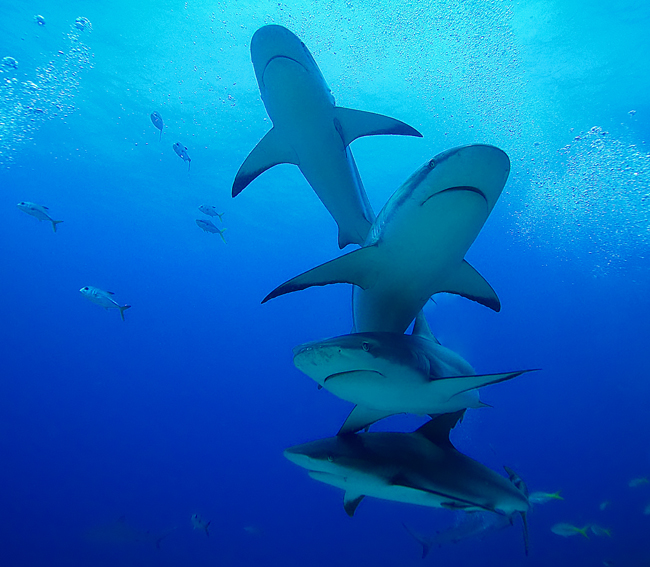
Sergio provides a little food (less than 2kg of carefully selected fish) to more than 20 sharks that often wonder around divers. He centralizes the activity with all dive centres in the island, providing them with good incentives to avoid starting their own shark feeding activities, whilst also keeping control of how it’s done. He minimizes the number of divers he’s willing to accept, only provides small amounts of food to the sharks and keeps a ‘routine’ by always behaving in the same way with them. Above all, he offers invaluable knowledge about these shark species to his customers and works with local authorities to control illegal shark fishing. Sergio has gone as far as keeping a daily watch on the dive site and surroundings areas, scanning for illegal fishing.
When living animals become economically more valuable than dead ones, we ‘homo sapiens’ (very often not so sapiens) tend to protect them. Shark diving has become a profitable industry in places like the Bahamas.
On the one hand I’m one of those who wish that we do our best to interfere as little as possible with wild animals and their natural habitats. On the other hand, I’m one of those who are witnessing the constant (and rapid) destruction of wild animal’s habitats, often with most of them being hunted to extinction. Unfortunately, sharks around the world are being culled for ridiculous purposes. Shark fishing is killing sharks every year at an alarming rate! It is estimated that 100 to 200 million sharks annually are killed for their fins alone. This practice is mainly for supplying shark fins for the so-called delicacy known as shark fin soup.
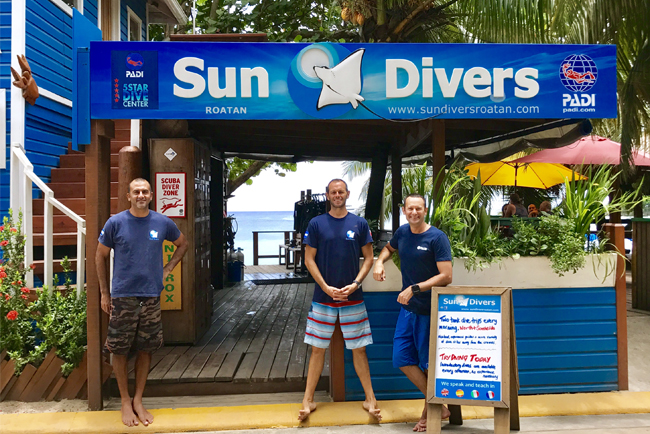
Neither Sergio, nor any of his clients, have ever had an accident in this type of shark diving. Done in a proper way many find shark feeding entirely safe and, perhaps, eco-friendly. Divers interaction with sharks creates awareness for sharks and might help in the fight against shark fishing.
This is shark week around the world. Lets keep in mind that every day of the year is shark day, where can you can decide how to get involved in the fight to preserve this exceptional species.
‘The Caribbean reef shark (Carcharhinus perezii)
A species of requiem shark, belonging to the family Carcharhinidae. Measuring up to 3 m (9.8 ft) long, the Caribbean reef shark is one of the largest apex predators in the reef ecosystem, feeding on a variety of fishes and cephalopods. Like other requiem sharks, it is viviparous with females giving birth to 4–6 young every other year. Caribbean reef sharks are of some importance to fisheries as a source of meat, leather, liver oil, and fishmeal, but recently they have become more valuable as an ecotourist attraction. Source‘
